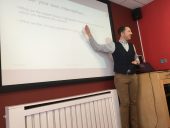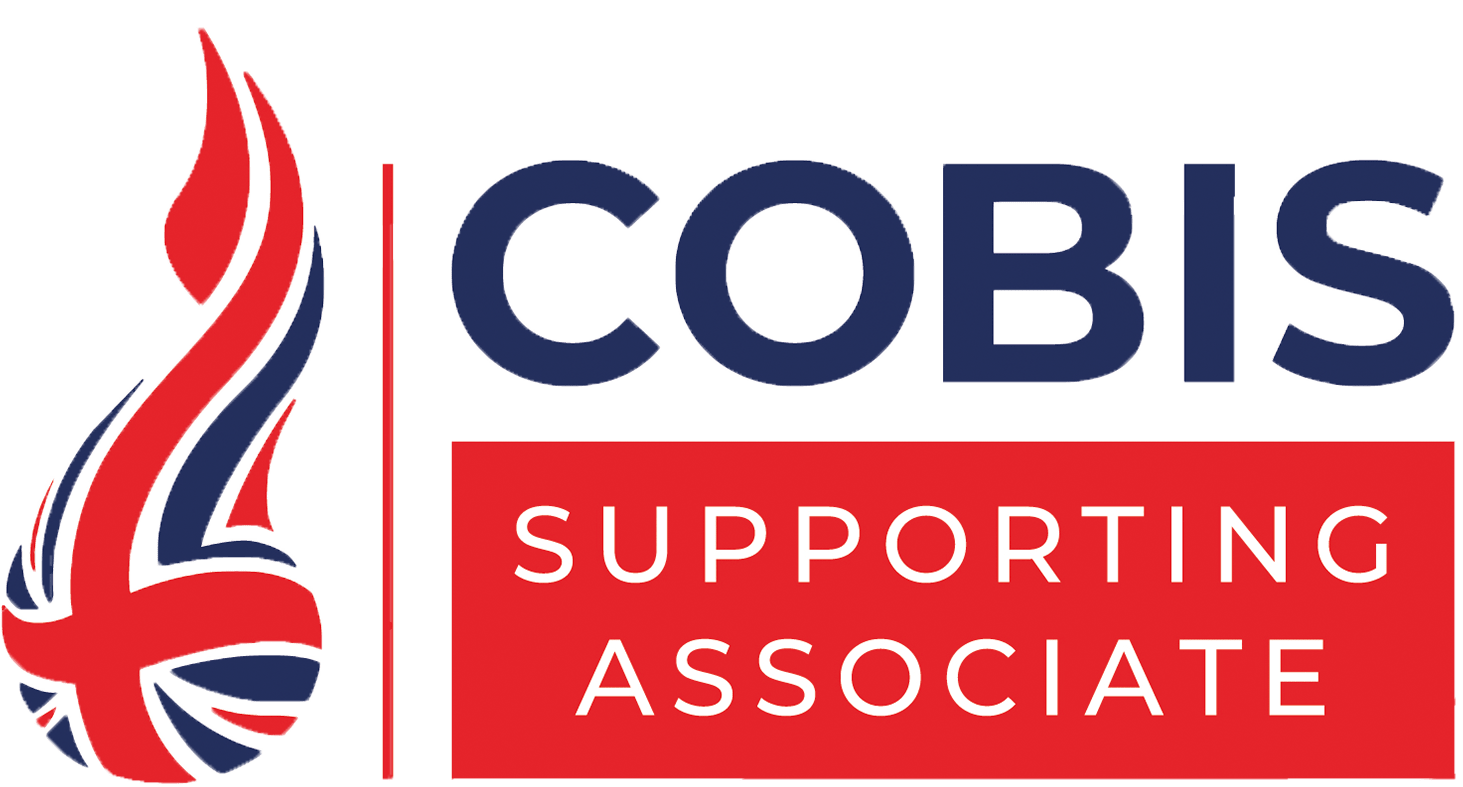Being an organisation based in the north-east of England, we are particularly proud to have worked with Middlesbrough Local Education Authority over the last year or so. Middlesbrough’s model is the School Improvement Project, a partnership of academy trusts, the LEA and school leaders. The purpose is to work together to build a network to help schools self-improve.
They really wanted to upskill people within the system to evaluate the impact of some of the work that they’re doing in rigorous ways. In keeping with this aim, they decided to work with EBE to deliver a Research Support Partnership (RSP) to a group of nearly 20 educators from the LEA’s leadership team and teachers from schools in the area.
Our Head of Teaching & Learning, C.J. Rauch, interviewed Sara Davidson about her experience with us at EBE and with the RSP.
Why EBE?
A few years ago, Sara was part of the RISE Project, which is when she first encountered Prof Stuart Kime and Prof Rob Coe. From that, she learnt a lot that informed both her own practice as a teacher and how she and her school engaged with CPD. Notably, they adopted a very evidence-based approach.

EBE Director of Education, Prof Stuart Kime, delivers a session to the group of participants in Middlesbrough.
One of the strengths Sara and the team recognised was that we at EBE are engaged full-time with research. While teachers and school leaders in Middlesbrough are interested in and attuned to educational research, they were looking for people who could devote all their energy to it. We were able to bring an expertise to Middlesbrough that they wouldn’t have the resources to develop on their own.
The RSP experience
In recent years, practitioners have become more aware of educational research; more teachers are engaging in action research or taking advantage of online toolkits. What the RSP offers to all the educators (even those with a strong prior experience of research) is a sharper focus. From being on the RSP, they are now not just able to identify interesting and relevant evidence, but also to unpick it. Who has carried out this research? What was their motivation for conducting it? What would an adaptation of this look like?
In Sara’s own words:
What we wanted to do was to upskill the people within the system to be able to really evaluate the impact of some of the work and do that in a really robust and rigorous way…
Additionally, the RSP in Middlesbrough comprised teachers from a variety of different schools in the area—primary, secondary, and alternate provision. The RSP was a fantastic opportunity for them to come together, meet colleagues from other schools, and have professional conversations about the research. It highlighted how, even in the same area, every school is different; every intervention needs to be “intelligently adapted” to fit the micro-context. It was a chance for teachers to unpick their school improvement challenges with others who are unfamiliar with the setting.
The preliminary outcomes
Even those teachers who previously felt more comfortable with an evidence-informed approach have benefited. All the teachers are now staging their own interventions in their practice, on a wide variety of topics, and examining the impact:
It gives even the ones who are more confident in their use of research just that little bit more of a sharper focus… It allows people to interrogate evidence a lot more and be a bit more objective about it.
The next steps for continued school improvement
The team of educators is very keen to keep the group going; it’s a way to have a continued dialogue about the research, the challenges faced in the schools, and serve as critical friends. There’s also the chance to collaborate in action research across schools in the wider Middlesbrough area. Additionally, those teachers who have completed the programme can act as research leads back in their individual schools—not only by modelling evidence-informed practice, but as serving as a resource to colleagues.
Finally, we asked Sara if she would recommend the training to other schools, groups and authorities:
Yes, definitely. Even if you are school or a trust who is using research really well, then there would still be something you can benefit from in terms of engagement with research.
While it is always possible for teachers to engage with research on their own, the RSP has given Middlesbrough a level of expertise that would have been difficult and resource-intensive to develop on their own, and has added huge weight to their School Improvement Project. As Sara recognised, everyone here at EBE is involved with this day in and day out, but educators have myriad responsibilities. Completing the RSP is an opportunity for teachers to get that expertise directly. Additionally, EBE offers an outside perspective—we can challenge assumptions while being a supportive partner. We’re able to provide something for everyone – even for those already engaging with research really well!
See more information on the Research Support Partnership on the EBE website or contact C.J. by email at cj@evidencebased.education to learn how to bring the RSP to you!





